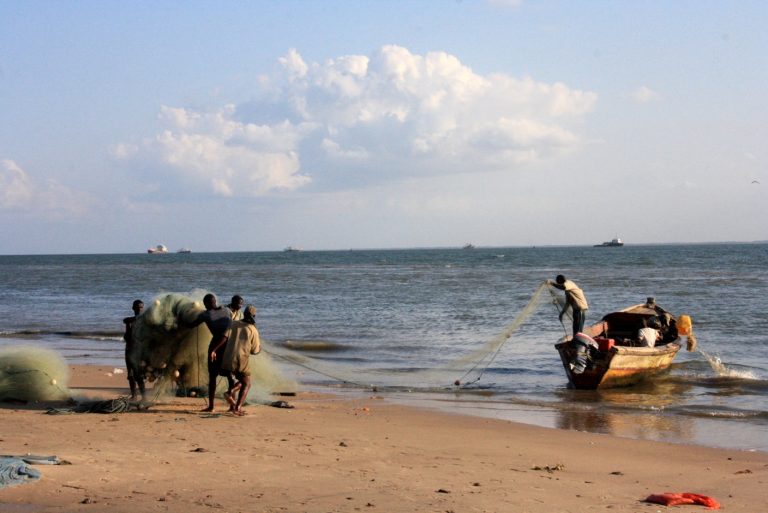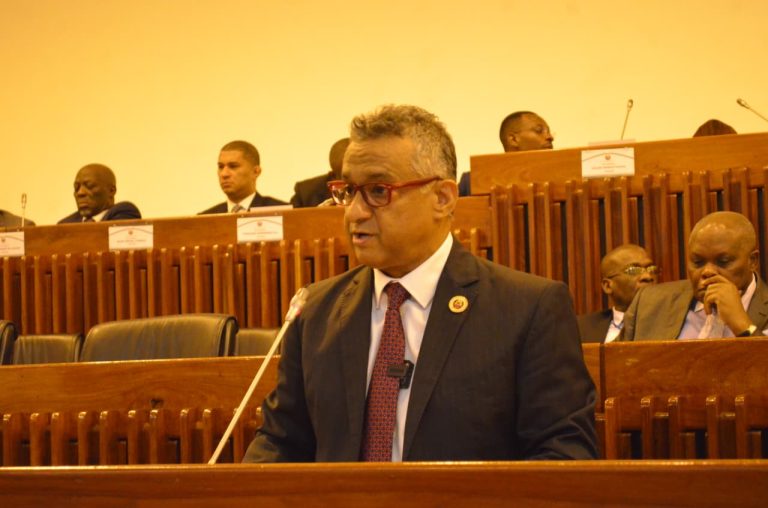
Matola, 4 Nov (AIM) – The Turkish Cooperation and Coordination Agency (TIKA) has trained 40 Mozambican health professionals as part of a project aimed at supporting the country’s technical capacity of maternity hospital staff and contributing to the sustainable improvement of maternal and child health.
The professionals in question were trained in the areas of gynecology, neonatology, pediatrics, obstetrics, and nursing “with the aim of reducing maternal and infant mortality in Mozambique.”
In a statement, the training program for health professionals, which took place between October 27 and 31, was carried out in collaboration with the Health Ministry, Ankara University, and the Maputo Provincial Health Directorate. However, the organization did not reveal the project’s budget.
“During the training, participants received theoretical and practical instruction, including visits to the country’s main hospitals, such as Maputo Central Hospital, Matola Provincial Hospital, and the maternity ward of the Ndlavela Health Center, recently renovated and equipped by Turkey”, reads the document.
“Throughout the training, dozens of healthcare professionals from various institutions participated in theoretical and practical sessions”, adds the note.
The Turkish training team included, among others, three full professors, two associate professors, a specialist in public health, a professor of pediatric infectious diseases, a professor of neonatology, a professor of pediatrics, and two associate professors of gynecology from Ankara University.
The second phase of the project is planned for 2026 and Mozambican doctors will have the opportunity to participate as observers in surgeries and examinations at Ankara University hospitals, allowing for the sharing of experiences and knowledge that will further strengthen the capacity of the Mozambican healthcare system.
TIKA has been investing in several development projects in Mozambique, focusing on sustainable agriculture, infrastructure, and youth empowerment. Key investments include greenhouses and workshops for pepper sauce production, agricultural training for local farmers, and seedling production greenhouses to improve crop yields.
Ad/








